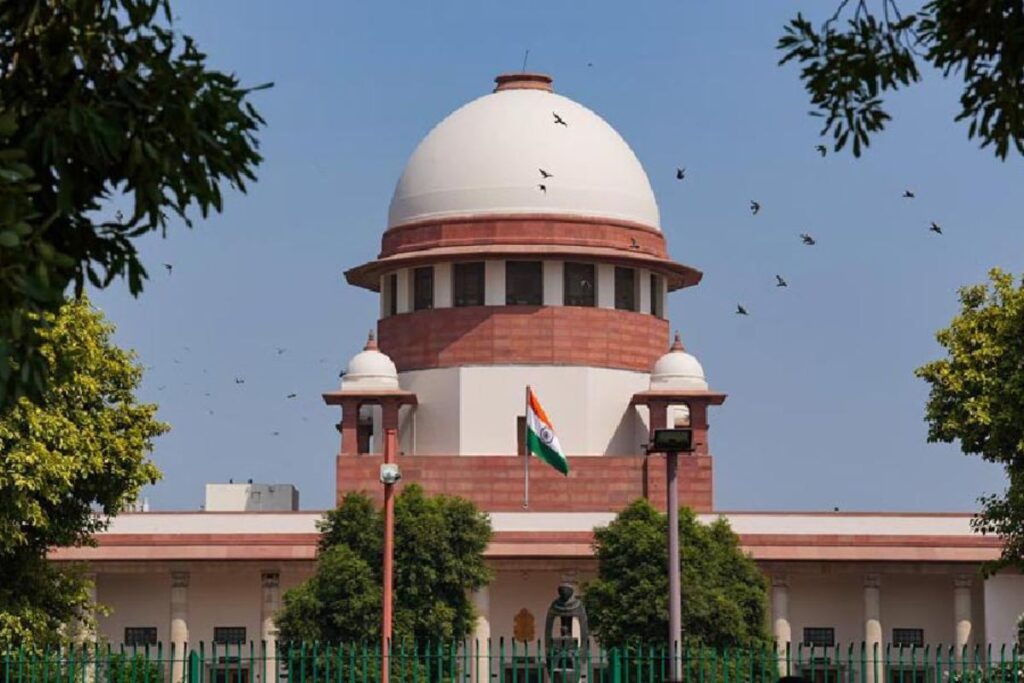
The Supreme Court of India has reiterated that medical negligence claims must be substantiated by evidence linking the alleged negligence to the medical procedure. In a recent judgment, the court upheld a consumer commission order that denied relief to a woman whose husband suffered a cardiac arrest.
The court clarified that the legal principle “Res Ipsa Loquitur,” which translates to “the thing speaks for itself,” should only be applied when a “Res,” or a specific event or circumstance, is present to establish the allegation of negligence. In the absence of compelling evidence, the court ruled that no case of negligence can be made out if complications suffered by patients are unrelated to the medical process.
The case that led to this ruling involved a woman whose husband tragically died from a cardiac arrest. She alleged that the hospital failed to provide proper care from the moment her husband was moved to a private room until he suffered the cardiac arrest.
The National Consumer Disputes Redressal Commission had previously determined that the petitioner could not establish a connection between the heart attack and the operation in question or the lack of post-operative care. Unsatisfied with this decision, the woman challenged the Consumer Commission’s order in the Supreme Court.
The woman’s lawyer argued that her husband’s death was due to cardiac arrest, even though he had no history of cardiac problems. She further contended that the patient had been informed that he would be moved to the Intensive Care Unit (ICU) after surgery but was instead shifted directly to a private room. The hospital’s legal representation countered this by asserting that the patient had recovered well after neurosurgery, with no postoperative complications.
In its judgment, the Supreme Court emphasized that the patient had no history of diabetes, hypertension, or cardiac problems. Therefore, it was difficult for the doctors to anticipate a cardiac problem solely based on the patient’s neck pain complaint. The court concluded that there was no negligent diagnosis or mistake in the patient’s treatment and that the woman failed to establish negligence in the post-operative care.
This landmark ruling underscores the importance of strong evidence and a direct connection to the medical procedure in medical negligence claims. It sets a precedent for future cases and highlights the need for comprehensive documentation when alleging medical malpractice in India’s legal system.
Sources By Agencies




